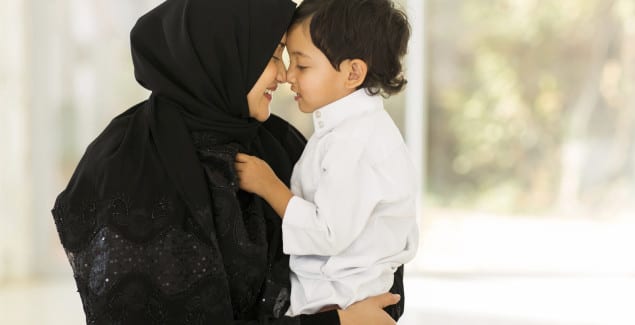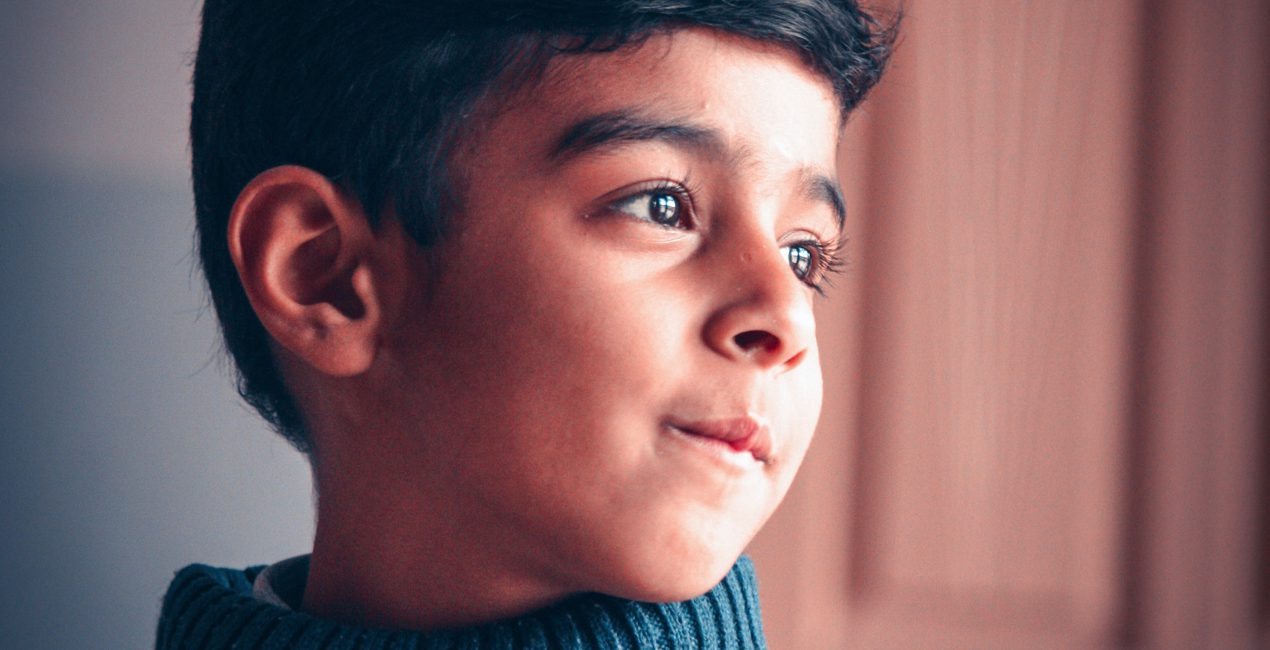Muslim Children: Addressing Prejudice and Xenophobia

Posted in: Grade School, Hot Topics, Pre-School, Teenagers, You & Your Family
Topics: Hot Topics
As an adult Muslim, I find it disconcerting, and at times, downright frightening, to hear xenophobic statements about keeping Muslims out of the country. In my work as a child psychiatrist, I’m hearing from Muslim parents across the country that their children are coming home to them with difficult questions and intense emotional reactions. While adults may be upset by what they are hearing, children are more vulnerable, likely fearful that someone is going to come and literally take away their house.
Let’s talk about what it is feels like to be a Muslim child hearing these things on TV, or worse, at school.
Very young children (preschool and early elementary school) will hear and interpret any statements in a very concrete fashion. As a result, I recommend that this age group be kept away from the news. Any statement they hear on television will be experienced in a very powerful way; after all, from their standpoint, if it’s on TV, it must be the truth.
Children ages 4 to 6 know that they are Muslim because they have been told so, and, due to their developmental age, will hear negative statements in a frightening way. It’s therefore important to be equally concrete and black-and-white in your explanations to them. “This is wrong” is a simple and appropriate response to any prejudice your child may be hearing about or experiencing. If she tells you that another child said something discriminatory at school, the response should still be, “This is wrong. You are American, and you belong here.” Be confident and firm, and keep it simple.
Children ages 7 and up will be more shaken by what they have heard from the outside world, and will need more than a simple blanket statement from you. By this age they understand that people have different racial, ethnic, and religious backgrounds, and this may very well be their first experience with prejudice.
For older children, there are three main approaches to take:
- It’s important to counteract the strong negative rhetoric they are hearing with equally strong positive rhetoric. It’s not enough to say, “That person is wrong;” instead, replace the rhetoric.
A sample conversation might flow like this:
“Mama, a girl at school said that when Trump is elected president, I’m going to have to leave. Are we going to have to leave our home?”
Your response may be: “Honey, Trump is wrong. We’re staying here.”
But instead, you might try: “Honey, Trump is wrong. This is our home. Being Muslim is wonderful; we want to help people and make our country better. Look at how hard your father and I work. It would make America very sad if all the Muslims left. We are extremely happy to be here and contribute to American society.”
Now, this may seem like overkill—‘wonderful,’ ‘very sad,’ ‘extremely happy’—but it’s not. One of these phrases will stick in your child’s mind. You are looking to replace the statements of negativity with positivity. And, instead of your child responding, “Not true,” the next time he hears something negative, he should respond, “Not true, being Muslim is awesome,” or, “Not true, America would be sad if all the Muslims left.” He will be learning a different vocabulary with which to think and speak during such encounters.
- Use examples from history. As children approach late elementary school and early middle school, they will have learned some basic history. You can therefore use historical examples as simple parallels:
“Honey, sometimes people are completely wrong. They are scared of people who are different than them. Look at how African Americans were once treated; see how wrong Americans were? But, now many know that they were wrong. You see, it’s not the first time this has happened—that people say or do horrible things and are prejudiced. We can help them see that they are wrong by showing them and telling them what being Muslim means to us. And, how much we love being American.”
- Use examples from your personal life. Children who are preteen and older will be looking to you to validate their worry, and even to demonstrate by example how to handle stress. It’s useful at this age to share that sometimes, it can be hard for you, too.
“I know how hard this is. A person at work said that maybe America would be better off if all Muslims left. It made me so upset and angry. I didn’t know what to say until the next day, when I told her that I loved being Muslim and American, and that she was welcome to ask questions to help understand me better.”
You can tailor any of the above responses to your child’s age. Additionally, be vigilant about bullying. It’s one thing if your child hears an isolated statement or two. It’s another if she reports the same child repeating these statements over and over again, or if she is being mocked or threatened. Please speak to your school counselor if you are worried that your child is being bullied.
Keep communication open with your children, and you will be their biggest supporter as they navigate this troubling time.

 Share
Share Tweet
Tweet





